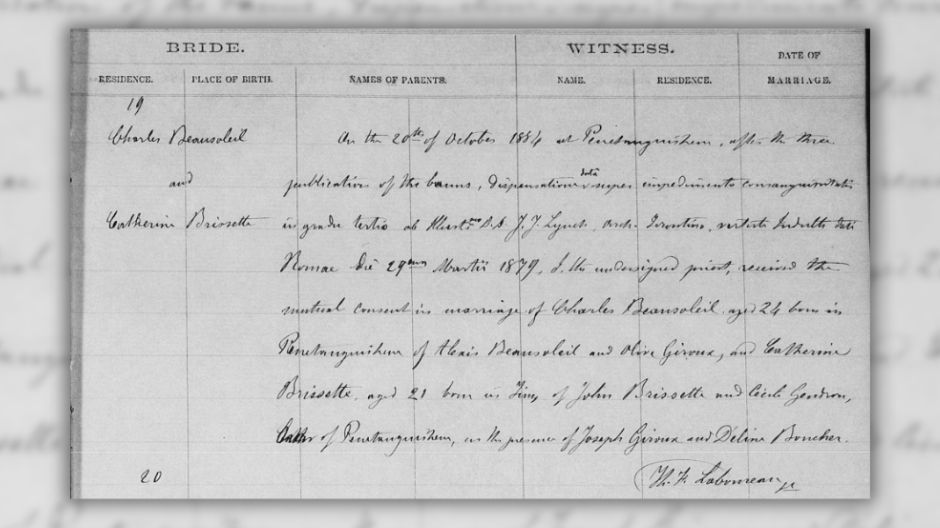Jigging Across Métis Communities
- Ontario Métis Facts

- May 13, 2024
- 2 min read

Jigging is a well-known Métis tradition and form of cultural expression. Members of historic Métis communities are consistently identified participating in celebratory gatherings where dancing a Métis jig was a main event.
For example, a visitor to the Hudson’s Bay Company’s Timiskaming Post in 1873 described the dances of “half-breed” participants on Christmas Day, writing: “There were several pretty half-breed girls present…Their dance was a kind of jig with a mixture of Scotch, Irish and Indian movement in it.”
In Sault Ste. Marie, in 1846, William Cullen Bryant, an American poet and long-time editor of the New York Evening Post drew particular attention to the voice of a “halfbreed” who spoke of his community’s world-class jigging skills: “It is the greatest place in the world for fun,’ said he; ‘we dance all winter; our women are all good dancers; our little girls can dance single and double jigs as good as anybody in the States.”
Jimmy Swain, the Métis head guide of the 1905 Treaty 9 expedition in the Abitibi Inland and western James Bay regions, was noted for his fiddle and jigging talents: “Our head guide Jimmy Swain came to the front in a new role at this portage. He had brought a fiddle with him of which he was inordinately proud. With this he laid himself out to entertain both whites and Indians by playing Red River jigs, and other dance music, as well as hymn tunes with many variations of his own. It was far on in the night, and most of us were asleep, before Jimmy was allowed to put aside his fiddle and roll into his blankets.”



